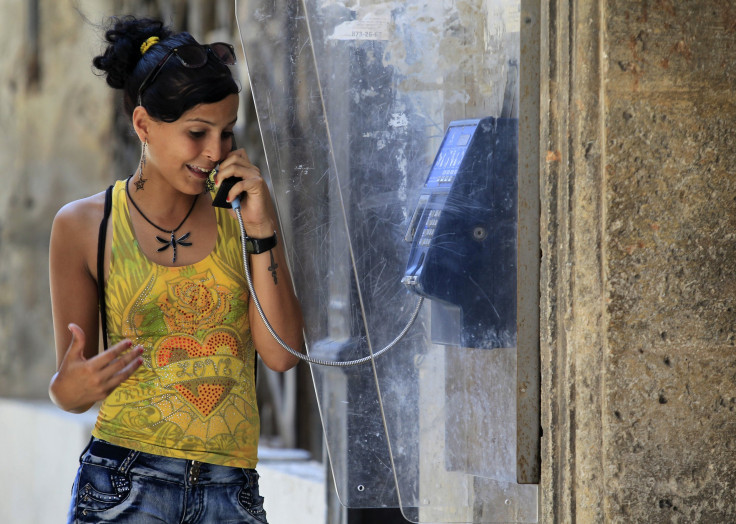
The Cuban government announced on Thursday that it will expand internet access across the island nation. The state communications monopoly ETECSA will lower internet access rates from $4.50 to $2 in the coming months and make WiFi available in at least 35 new government buildings, according to the AP. With the average salary in Cuba around $20 per month, the web will still be out of reach for most. It’s estimated that only 5 percent of Cubans have direct access to the internet.
However, many Cubans have “indirect” access to some fruits of the internet, with offline “packages” of TV shows, music and writings. Reducing costs for the internet pirates that download these snapshots of the web might make it a little cheaper for their customers as well. Still, it’s not like Cubans learned about the new changes through Twitter -- a social media service almost ubiquitous in the U.S. ETECSA made the announcement to Juventud Rebelde (Rebel Youth), a state-run daily whose younger audience is clamoring to get online.
Increased internet access may be a sign that warming relations between Cuba and the U.S. are paying off for those who want to make Cuba more open and free. Cuba’s internet isn’t that censored, compared to other totalitarian regimes like China. And it’s not just because so few are online. In North Korea, for example, only a few dozen people are estimated to access the internet. (Perhaps a few hundred are allowed to see a few select sites). In Cuba, websites like the New York Times and Human Rights watch are available for those who have internet access, according to Mashable. So are social media networks like Facebook and Twitter.
Cuba is still no beacon of free speech. YouTube is blocked, as well as the most daring anti-Castro platforms like the website of dissident blogger Yoani Sanchez. Offline, censorship is even stronger. Radio Martí, a U.S. propaganda station is jammed on most areas of the island. Newspapers are controlled by the government and journalists are routinely slandered, imprisoned or worse. Yet as long as internet access increases, without a big change in online censorship, Cuba might soon be un poco más libre.
© 2024 Latin Times. All rights reserved. Do not reproduce without permission.